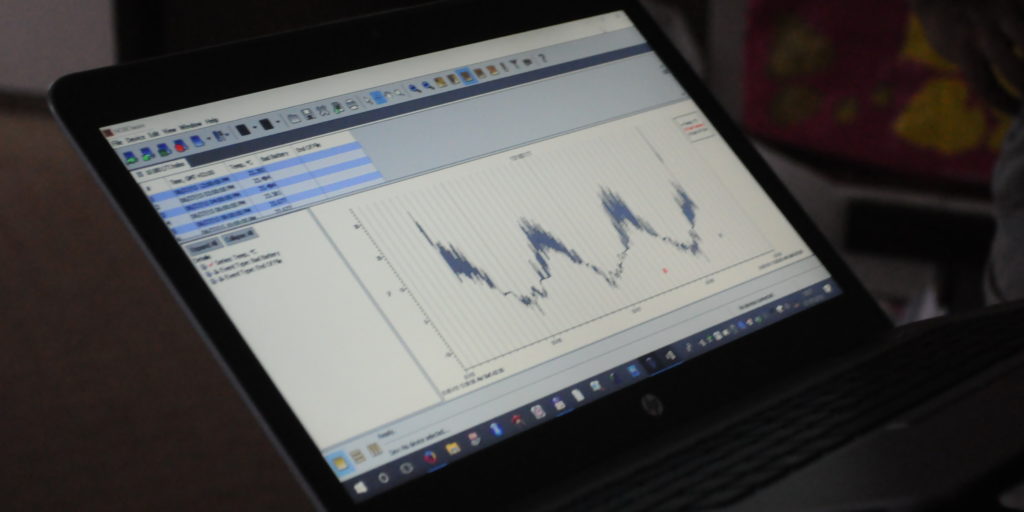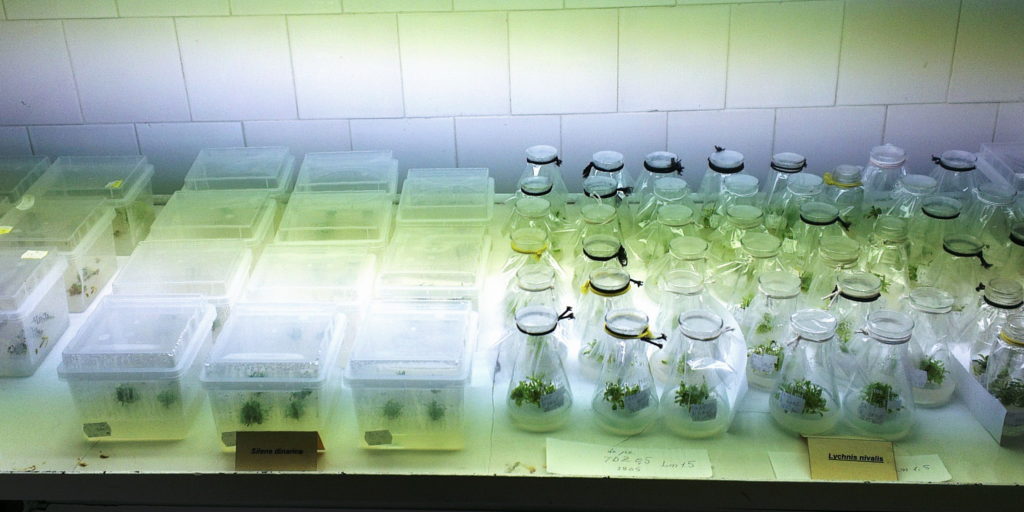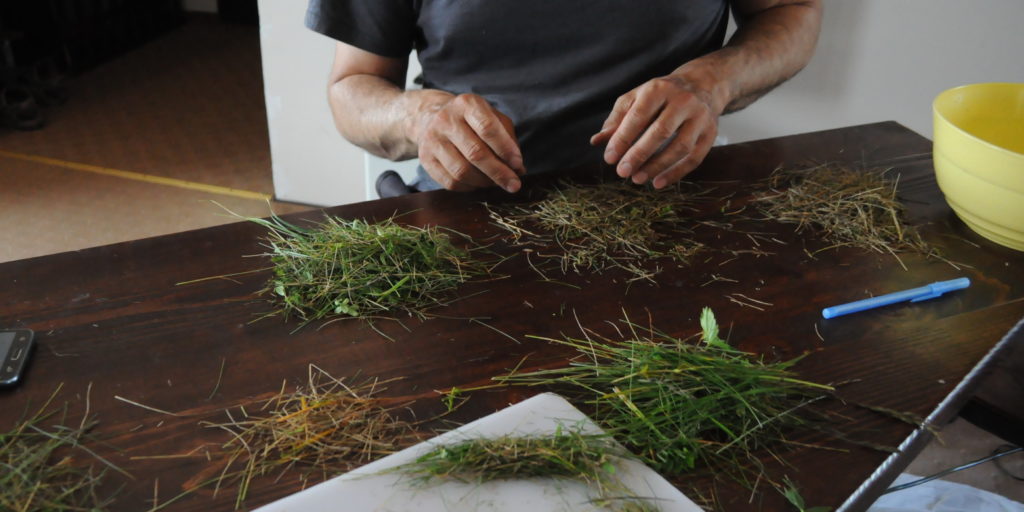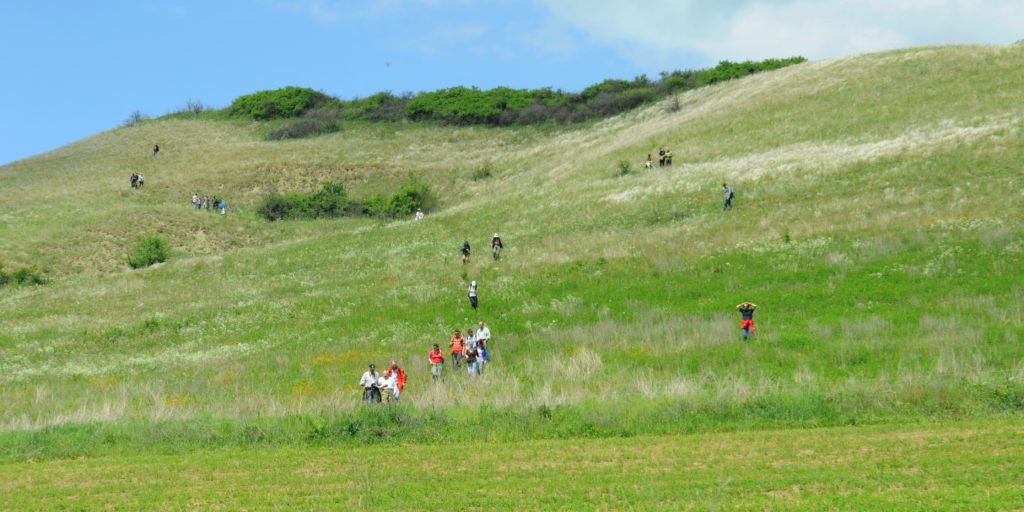Research

Research has always been at the heart of A. Borza Botanic Garden activities. Thus, ever since its beginnings, this institution became one of the most important national and regional centres for botanic studies in all their complexity. The acquired expertise turned the botanic garden into a pioneer of biodiversity conservation in Romania, still playing an important role in this sense.

From the level of ecosystems to, more recently, the genetic level, the botanic garden has developed research programmes focusing on the study of plant organisms and fungi, as well as on ecosystems. If at the outset this activity was based mainly on field exploration missions to collect plants and describe their natural habitats, new approaches have recently been pursued, such as population genetics, molecular phylogeny, climate monitoring, and ex situ conservation programmes using the most recent methods in the field.

The findings of these investigations have been shared through scientific publications, both in the local journal (Contribuții Botanice) as well as in prestigious international publications. We will thus mention the Romanian Flora (RPR-RSR), a monumental work in 13 volumes published by the Romanian Academy between 1952-1976, centred in A. Borza Botanic Garden, due to the herbarium and local botanic expertise. This work includes a comprehensive survey of the entire plant patrimony of Romania.

Currently, the research activity in A. Borza Botanic Garden pursues several main approaches:
- Floristic and plant diversity studies – we are engaged in an ongoing activity in the field, exploring lesser-known territories (especially from Romania) to collect plant specimens and new data for the taxonomy and biogeography research. Our activities focus mainly on the Carpathians and the Transylvania Flora;
- Systematics, phylogeny and molecular genetics – in the last years, we sought to develop as many directions of study as possible where we use genetic and genomic techniques to study plant diversity. Our recent research employs molecular markers to study a wide range of topics, such as the genetic diversity of plant species, spatial distribution (phylogeography and molecular ecology), plant taxonomy and evolutionary relationships between them (phylogeny);
- Vegetation science and ecology – studies were undertaken in this area focus on understanding the functioning of natural ecosystems, as well as the human impact. Our activities have mainly focused on alpine herbaceous ecosystems in the mountains, while we first implemented in Romania concepts related to the study of multitrophic assemblies (i.e. plants – soil microflora – mesofauna), DNA metabarcoding, remote sensing. We have also conducted pioneering studies in the Carpathians based on the long-term monitoring of alpine communities of global, regional, and local climate change;
- Management and conservation of plant diversity – involves inventorying and mapping plant diversity and putting forward appropriate conservation measures. A. Borza Botanic Garden has developed extensive research programmes for the ex situ conservation of endemic and endangered species in Romania’s spontaneous flora;
- Conservation and multiplication through in vitro cultures is a complementary measure to the ex situ conservation of living plants in the botanic garden collections. Currently, the in vitro collection of endemic and endangered plants of the botanic garden is the largest in the country. Vitroplants are acclimatized ex vitro and then grown in various sectors of the botanic garden. Some species underwent – before in vitro – analysis of genetic variability in situ as well as of somaclonal variation;
- Our research is integrated into the activities of the Herbarium, Laboratory of Ecology, Systematics and Phytopathology, Micropropagation Laboratory, and the Plant Conservation Laboratory and Seed Bank.
Here you can find more information about:
- Scientific publications
- Our research programmes:
